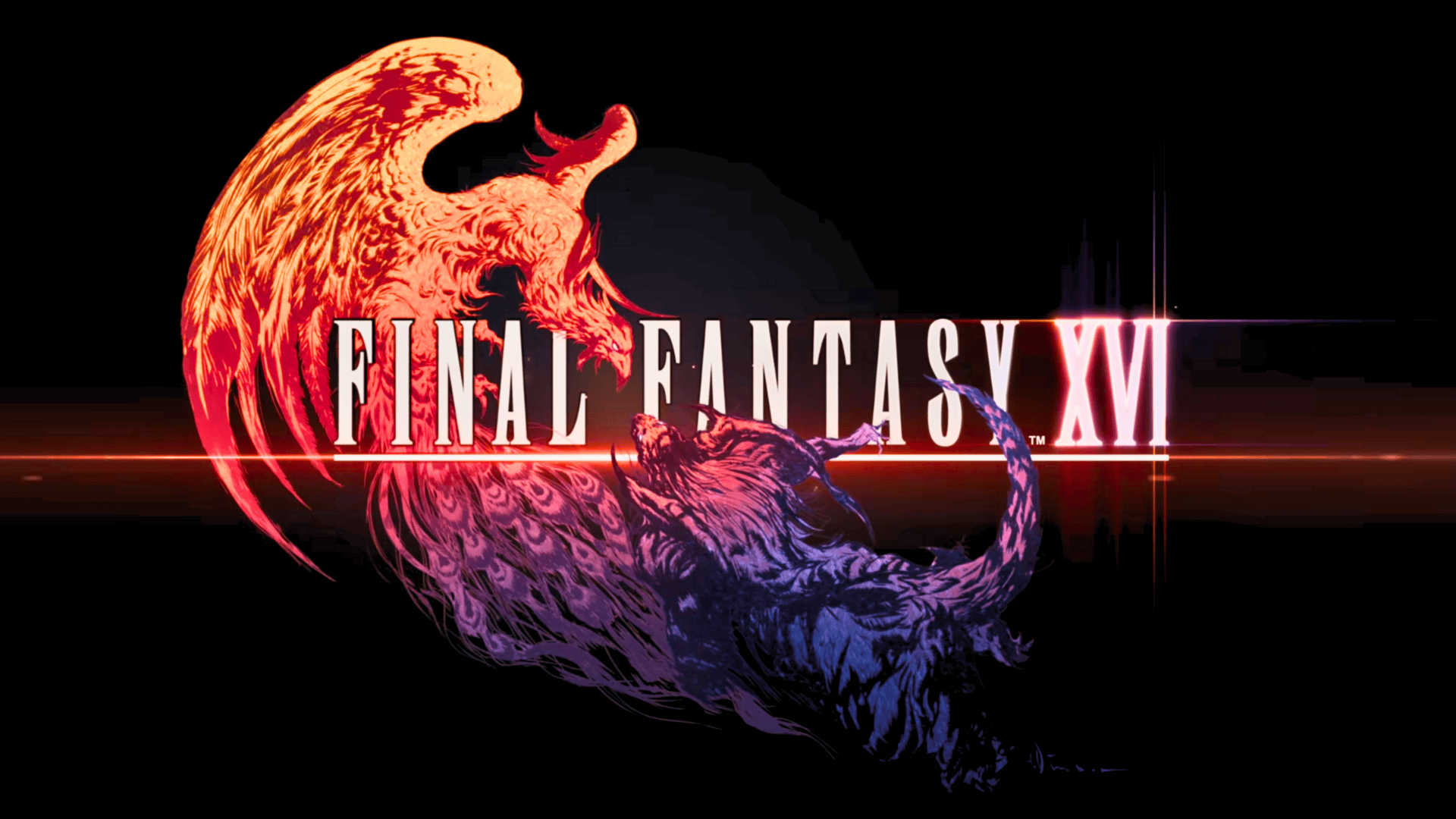If you’re anything like me, you’ve probably had long talks about which Final Fantasy game truly stands out. Every player has a favorite, and each title brings something different to the table.
As I went back through the series, I felt how much these games still connect with me, even after so many years.
That’s what pushed me to rank the Final Fantasy games from best to worst in a way that feels clear and fair. You’ll see what each game does well, where it stumbles, and why some entries still hold up today.
What Determines Each Game’s Rank
I wanted this list to feel fair and easy for you to understand. So I used the same approach for every game, whether it was a classic or something newer.
- Story and Characters: Emotional depth, world-building, and how memorable the main cast feels.
- Gameplay and Systems: Balance, challenge, and how smooth or innovative the combat and progression are.
- Visuals and Music: The artistic style, animation, and soundtrack that shape each game’s atmosphere.
- Impact and Legacy: The influence each title left on fans, storytelling, and the evolution of RPGs.
This helps you see why each title landed where it did. It also keeps my own memories and biases from taking over the rankings.
Final Fantasy Games Ranked from Best to Worst
The Final Fantasy franchise has shaped the RPG genre for over three decades. Each game brought something new: emotional stories, inventive gameplay systems, and worlds that defined generations of players.
Mainline Final Fantasy (Best to Worst)
The mainline entries form the foundation of the series. From classic turn-based roots to modern cinematic storytelling, these games showcase the evolution of Final Fantasy’s heart and creativity.
1. Final Fantasy VI
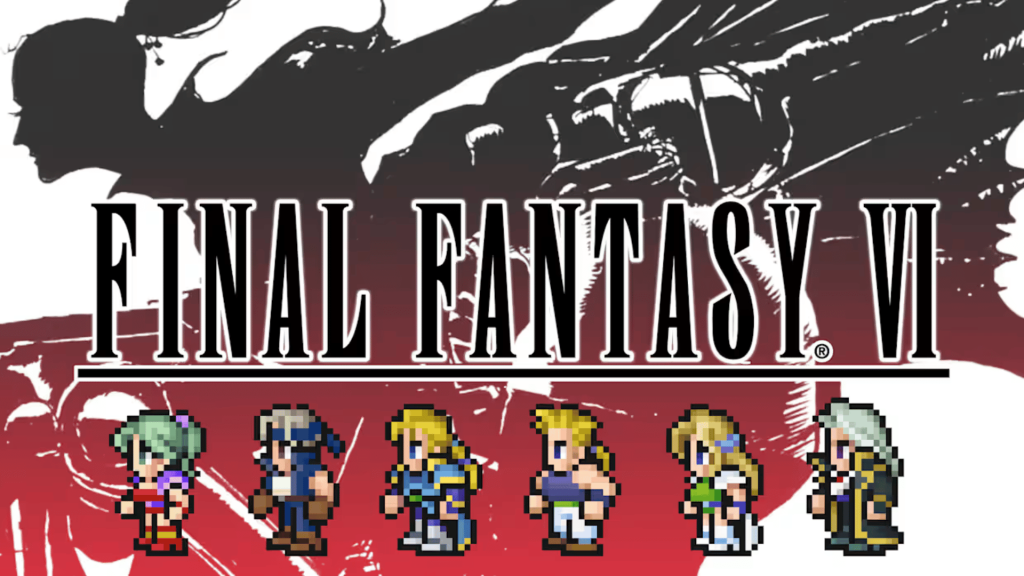

Final Fantasy VI is an ensemble masterpiece blending emotion, freedom, and unforgettable music. Every character feels purposeful, and its villain remains one of gaming’s most iconic figures.
It strikes a perfect balance between story depth and mechanical freedom. Even today, it’s studied for how seamlessly gameplay and emotion intertwine.
2. Final Fantasy VII


Final Fantasy VII is a cultural turning point that redefined RPG storytelling through cinematic presentation. Its world, characters, and emotional twists changed how players viewed games.
Themes of loss, identity, and purpose give it timeless resonance. Decades later, its influence still shapes modern narrative design.
3. Final Fantasy X
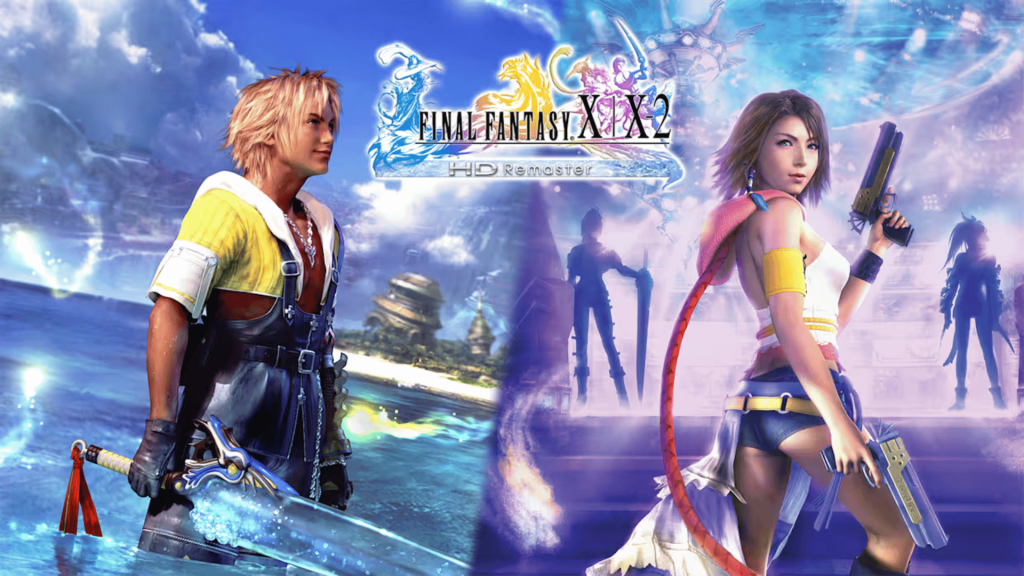

Final Fantasy X is an emotional journey of love, faith, and sacrifice in Spira’s haunting world. The blend of voice acting, visuals, and music brought its story vividly to life.
Its turn-based combat feels precise and rewarding even now. Each character arc contributes to one of gaming’s most touching endings.
4. Final Fantasy XVI
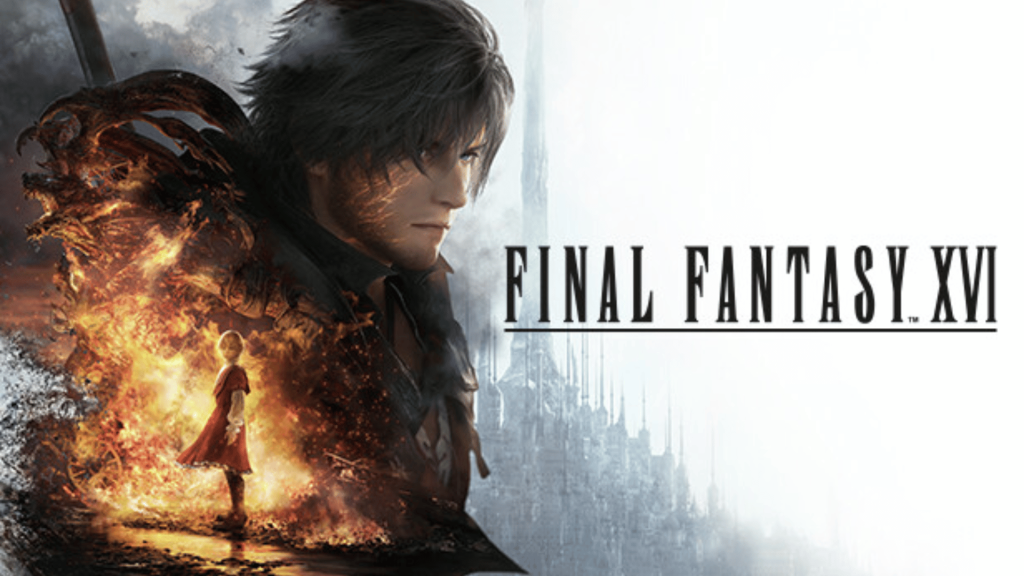

Final Fantasy XVI is a bold, mature take on dark fantasy that merges epic storytelling with cinematic action. Its real-time combat feels weighty, dramatic, and deliberate.
Political tension and emotional stakes drive its plot with intensity. It’s proof that Final Fantasy can evolve while staying true to its core.
5. Final Fantasy XIV (A Realm Reborn)
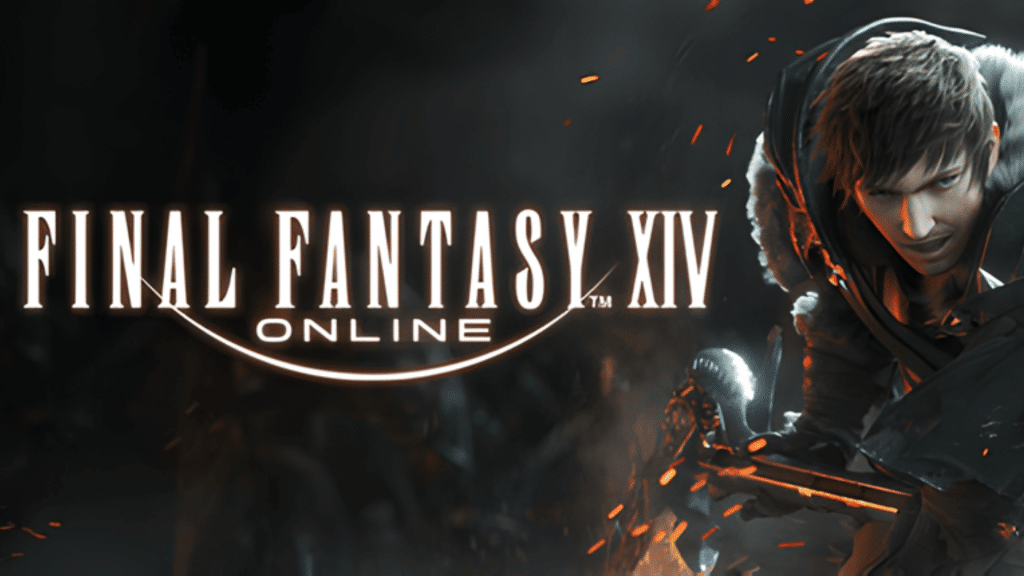

Final Fantasy XIV is a complete reinvention that turned a failed MMO into an award-winning success. It thrives through player-driven storytelling and massive world-building.
Its expansions deepen lore, relationships, and emotional impact. More than a game, it’s a living, growing story shaped by its community.
6. Final Fantasy IV


Final Fantasy IV is the first to truly combine character arcs with gameplay-driven emotion. Its storytelling introduced depth that changed RPG design forever.
The balance between narrative pacing and challenge remains impressive. Even with simple visuals, it delivers one of the most heartfelt tales in gaming.
7. Final Fantasy IX
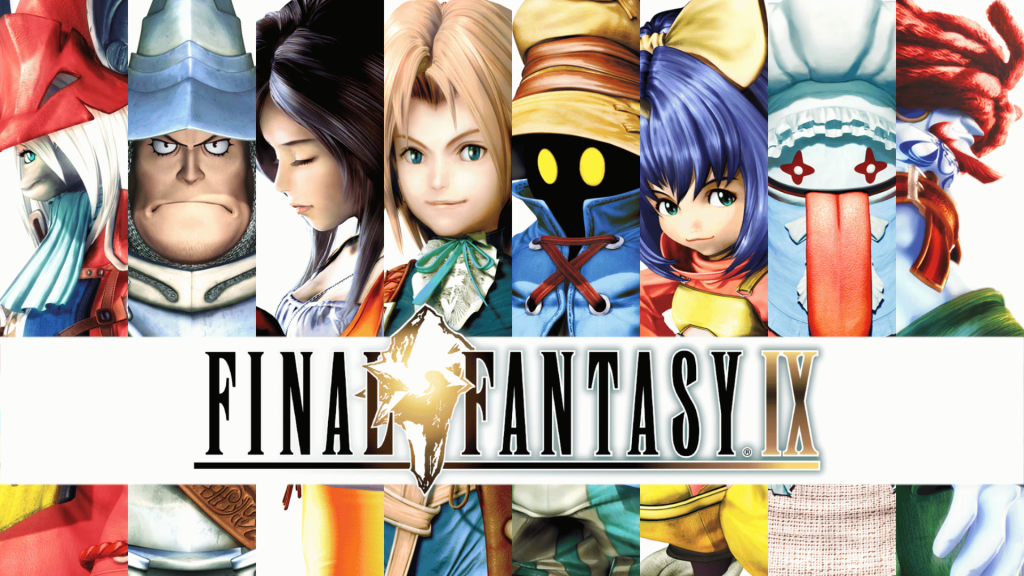

Final Fantasy IX is a love letter to the series’ roots, mixing whimsy with profound emotional themes. Its medieval fantasy world feels both nostalgic and deeply human.
The characters’ struggles with purpose and identity give it lasting heart. It’s a rare blend of innocence, wisdom, and sincerity that still resonates.
8. Final Fantasy XII


Final Fantasy XII is a sweeping political drama set in the intricate world of Ivalice. Its Gambit system gave players tactical freedom unseen at the time.
What once felt experimental has aged into a masterpiece. Strategy, storytelling, and world design merge beautifully into a timeless experience.
9. Final Fantasy VIII
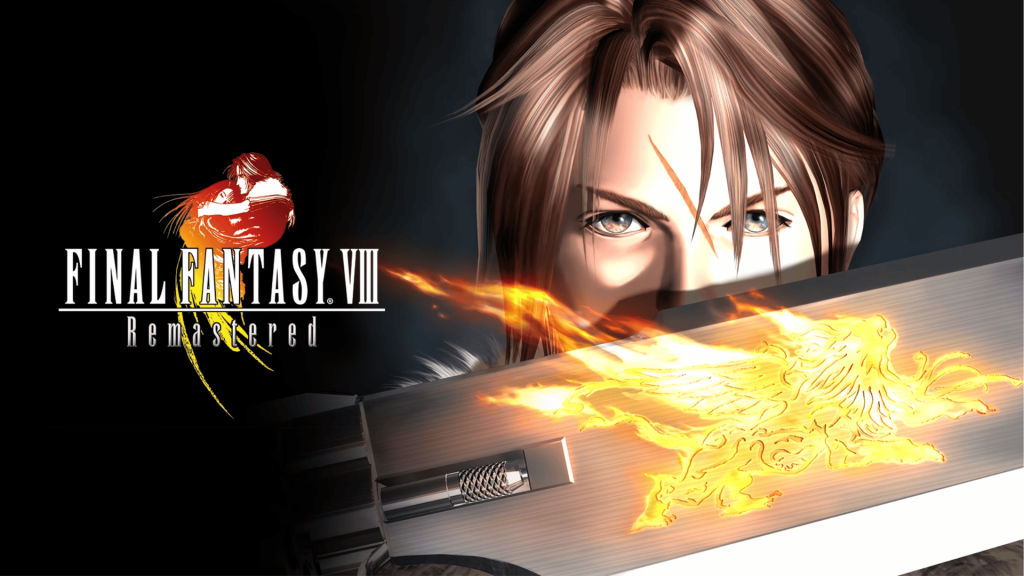

Final Fantasy VIII is a daring, stylish RPG built around love, memory, and fate. The Junction system allowed deep customization but confused casual players.
Its narrative ambition and striking visuals set it apart. Over time, its complexity became its charm, earning long-term appreciation.
10. Final Fantasy V


Final Fantasy V is pure creativity at play through its legendary Job system. It lets players craft endless combinations of skills and party roles.
Though its story is simple, its freedom remains unmatched. It’s a joyful, flexible RPG that rewards experimentation and mastery.
11. Final Fantasy XI
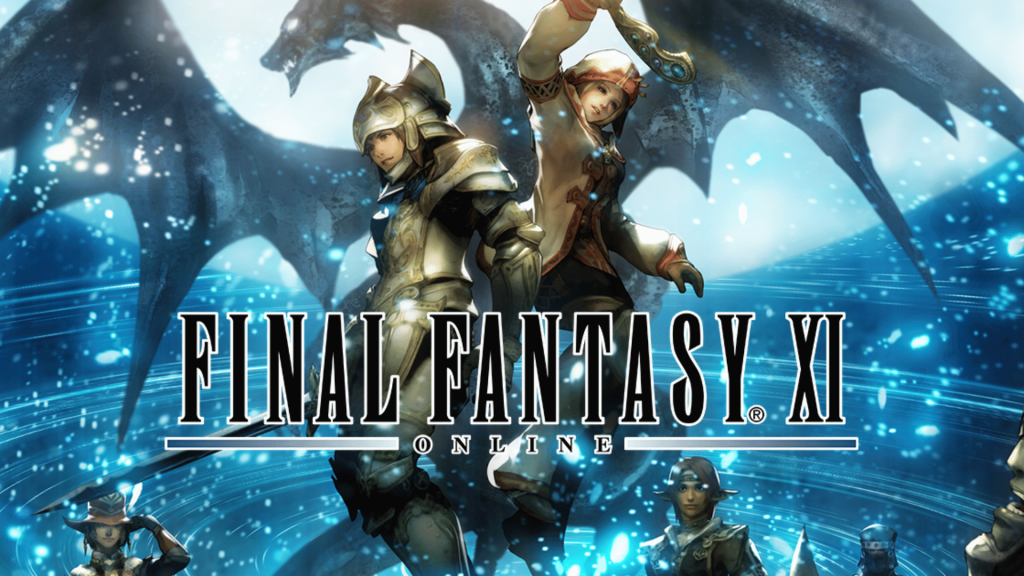

Final Fantasy XI is the franchise’s first MMO, built around teamwork and patience. Its challenge and community-driven design created lifelong friendships.
Though dated now, its influence remains undeniable. It laid the groundwork for how modern online RPGs build connection and purpose.
12. Final Fantasy XIII
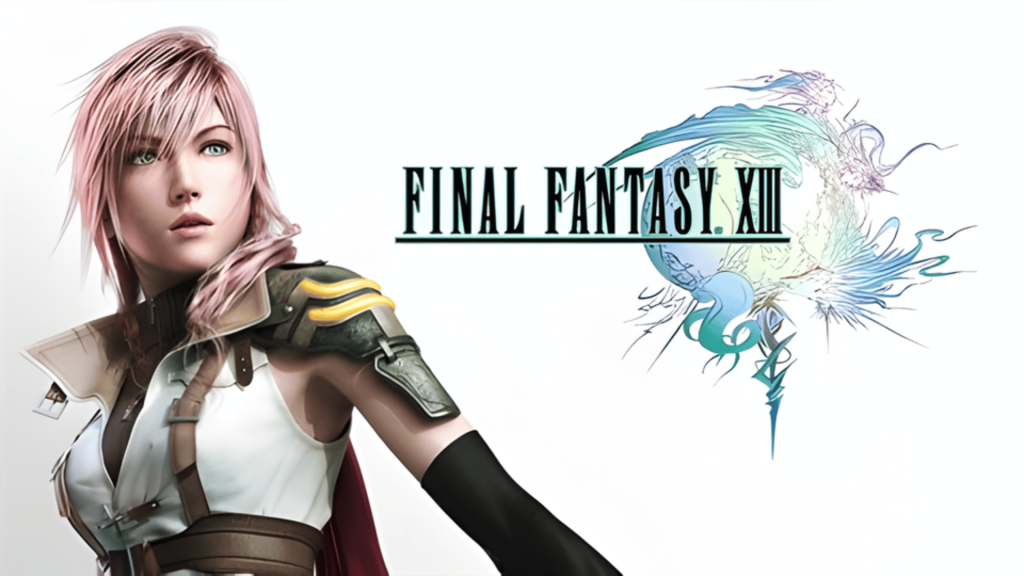

Final Fantasy XIII is a bold attempt to modernize Final Fantasy with sleek visuals and fast-paced combat. Its linear design and slow opening divided fans on release.
Yet, beneath its structure lies deep world-building and emotion. It’s now viewed as a misunderstood entry that dared to reinvent the formula.
13. Final Fantasy XV


Final Fantasy XV is a cinematic open-world tale about brotherhood and loss. Its breathtaking landscapes and soundtrack carry immense emotional weight.
The story feels fragmented, but the character bonds feel genuine. Despite its flaws, it stands as one of the most heartfelt modern entries.
14. Final Fantasy III
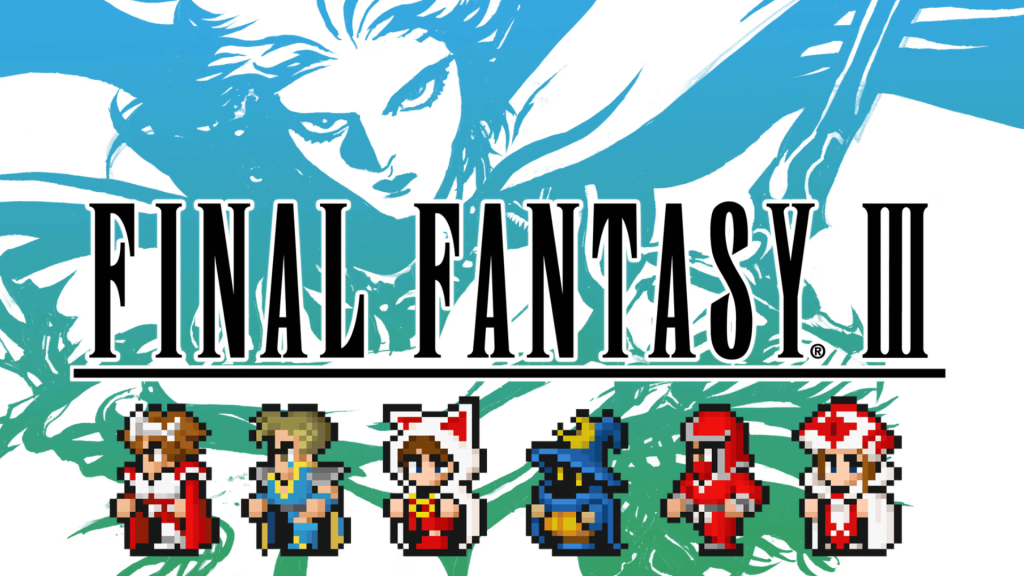

Final Fantasy III is the first to introduce the iconic Job system that shaped future entries. Its structure rewarded strategic thinking and adaptability.
While grind-heavy and punishing, its ambition was admirable. It laid the groundwork for the series’s later mechanical brilliance.
15. Final Fantasy I


Final Fantasy I is the foundation that started it all, simple, adventurous, and revolutionary. It established the basic formula for decades of RPGs to come.
Despite its limitations, its impact can’t be overstated. It remains a historical gem that inspired generations of game designers.
16. Final Fantasy II


Final Fantasy II is an experiment with a use-based stat system that grew from player actions. Though innovative, it often made progression frustratingly uneven.
Its rebellion-driven story hinted at deeper emotional storytelling. A rough diamond that showed early ambition and vision.
Other Final Fantasy Titles (Best to Worst)
These spin-offs and sequels expanded the Final Fantasy universe with fresh ideas, creative risks, and memorable storytelling.
- Final Fantasy XIV: Endwalker: The emotional finale to years of storytelling ties countless threads into a hopeful, cinematic end. Epic and deeply personal, it redefines MMO storytelling with power and grace.
- Final Fantasy VII Remake: A modern reimagining that brings Midgar to life through real-time combat and expanded emotion. It honors the original while boldly reshaping its destiny.
- Final Fantasy Tactics: A tactical masterpiece of politics, morality, and consequence. Its depth and storytelling elevated strategy RPGs to new heights.
- Final Fantasy X-2: Bright, stylish, and unexpectedly deep with its Dressphere combat system. Beneath its upbeat tone lies a heartfelt reflection on growth and change.
- Final Fantasy XIII-2: Faster battles and sharper pacing refine its predecessor’s systems. Its bold time-travel story is messy yet creative and ambitious.
- Final Fantasy Type-0: A dark, emotional war tale mixing sacrifice with high-speed combat. Despite handheld limits, it delivers lasting impact and maturity.
- Final Fantasy Tactics Advance: A colorful, beginner-friendly tactics game with moral undertones. Lighthearted but rich in customization and strategy.
- Final Fantasy Crystal Chronicles: A cozy co-op adventure about teamwork and friendship. Its charming art and music shine despite repetitive gameplay.
- Final Fantasy Mystic Quest: A cheerful, simplified RPG made for newcomers. Easy but effective, it opened the door to the Final Fantasy world.
Reviewer’s Picks: Standouts Worth Replaying
Here’s what other fans and critics have said about standout titles over the years:
“Final Fantasy VII is the 1997 game of the year here at the Golden Gamepad. Final Fantasy VII is the greatest RPG of all time with a loved story, Gameplay, characters, and so much more.” – GoldenGamepad, Metacritic
“I have so much fun every time I play this game. Everything about it, from the story to the gameplay, is just amazing.” – Fuor22, Metacritic
“The good: this was some of the best RPG game play ever.… The bad: somehow I just don’t see what was so amazing about the plot…” – keferoth, Neoseeker
“Final Fantasy VII Remake is the game we’ve been waiting for from Square Enix … atmospheric, interesting and exciting all your attention modern jRPG.” – Roquellll, Metacritic
Final Fantasy continues to inspire generations of players, a classic reflection of creativity and imagination.
Conclusion
Looking back at the full series reminded me why these games continue to mean so much to so many people.
Each one left its own mark, and seeing how they grew over the years helped me appreciate the Final Fantasy games in a new way.
Some entries changed the genre, while others stood out because of the feelings they created. What matters most is how these stories stay with you long after you finish them.
I’d love to hear your take on the series, too. Which Final Fantasy game sits at the top of your list? Share your ranking in the comments and join the conversation.


